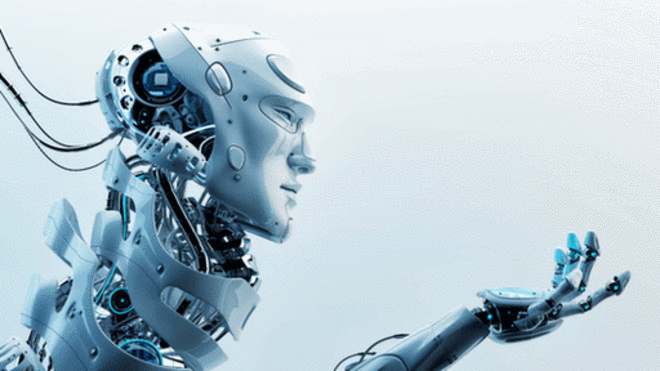What is the role of education in in the age of disruptive innovation? According to a new report by researchers at the University of Oxford, 57 percent of jobs in OECD countries are now susceptible to significant automation (with this number rising to 69 percent in India and 77 percent in China). Together artificial intelligence, robotics, synthetic biology, and digital manufacturing are poised to transform the economic landscape. Indeed, artificial intelligence alone is forecast to match and even exceed human capabilities across a range of skilled and unskilled labor.
Read MoreEducation and underemployment in the age of machine intelligence→
/Although the current unemployment rate now stands at just 5.0 percent, many economists concede that the real figure is much higher. In fact, according to the Bureau of Labor Statistics (BLS), the U-6 rate (total unemployed, plus all persons marginally attached to the labor force, plus total employed part time for economic reasons) measures underemployment at 10 percent. If we add in people who have given up looking for work altogether, the number is higher still.
Read MoreAugmented intelligence: Educating skilled labor for the machine age→
/What is the future of work and learning in the 21st century? Even as mounting demand to advance human capital has triggered a wide-ranging debate about the kinds of skills and competencies needed to drive advanced capitalist economies, questions remain about the future of work and learning. According to Brynjolfsson and McAfee (2014), for example, postindustrial economies are now moving into a “Second Machine Age” in which advanced technologies are beginning to displace rudimentary labor across multiple fields.
Read More


